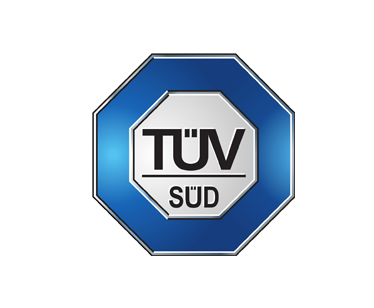At Firefish, we worked with quite a number of law firms in Singapore over the past few years. This article provides a macro overview of the legal industry by adopting the PEST (Political, Economic, Socio-Cultural, Technological) framework. The PEST Analysis was developed by Francis Aguilar and primarily used in strategic business planning. It addresses macro concerns which could possibly affect a business’ future detrimentally or positively. At the very least, they provide an acute understanding of the business environment an organisation operates in. This allows familiar threats and to be tackled and identifies promising trends to jump on for a ride. This PEST Analysis is for the legal eagles out there.
Political
Singapore’s Neutrality
Singapore’s position treads upon a fine line as a neutral party, a happy medium for Sino-American consensus while in more ideal scenarios, collaboration. Testament to this is the Singapore International Mediation Centre which is able to facilitate negotiations to help international parties resolve disputes through settlements. The non-adversarial and flexible nature of mediation saves time and cost, particularly in cross-jurisdiction cases which usually involve complex conflicts of law issues. This allows a space to capitalise on the legal business of dispute resolution, while operating from Singapore known for its neutrality. It also bodes well for future plans to explore legal practice areas such as maritime law, which is multi-jurisdictional in nature.
Economic
Lingering Recession
The recent years have seen an economic slowdown, further worsened by the Covid-19 pandemic. With the world in a deep recession, economic uncertainty results in many companies and individuals tightening their belts. The pandemic-fueled recession has no doubt affected businesses across industries. This will deeply affect the legal industry as it leads to the cost-cutting measures covered hereafter. Maintaining resilience is to survive this global recession and long-term bear market.
Social-Cultural
Legal Process Outsourcing (LPO)
In an attempt to reduce legal costs, more companies have been looking beyond traditional law firms for legal services, turning instead to alternative legal service providers that promise greater efficiency and lower rates. Today, companies are outsourcing nearly every routine aspect of legal practice. While traditional law firms will not disappear, the industry is likely to see even more legal process outsourcing in the years to come. Rise of Legal Freelancers On a similar note, price-sensitive clients and ever-evolving technology has opened the door for a new breed of legal professionals in the 21st century: the Legal Freelancer. Law firm business models are gradually being reinvented, which fuels the growth of Legal Process Outsourcing to Legal Freelancers. Susceptible to this trend are roles including associate-level lawyers, paralegals, court reporters, legal secretaries, litigation support personnel and even law students yet to graduate.
Rise of Legal Freelancers
On a similar note, price-sensitive clients and ever-evolving technology has opened the door for a new breed of legal professionals in the 21st century: the Legal Freelancer. Law firm business models are gradually being reinvented, which fuels the growth of Legal Process Outsourcing to Legal Freelancers. Susceptible to this trend are roles including associate-level lawyers, paralegals, court reporters, legal secretaries, litigation support personnel and even law students yet to graduate.
Technological
Legaltech Developments
Developments in technology are a key consideration for the legal industry. In this digital era, many will face disruption for both good and worse. Law, a conventionally entrenched business, is ripe for disruption by technology. Legaltech is all about streamlining workflow with digital tools, deploying analytics and big data to prepare a case, to simpler day-to-day tasks such as document management, billing and accounting, and e-discovery or online legal research on the fly. As more industries adopt integrated IoT technology, their partner law firms should definitely not be left in the dust.
Robotic Process Automation (RPA)
Increasingly the field is adopting Robotic Process Automation (RPA) and other methods to expedite up paperwork processes. Supplemented with 5G mobile internet connectivity, case volumes and potential legal challenges will present itself sooner than expected. It is thus necessary for law firms to stay on top of the technology game and consistently adapt.





